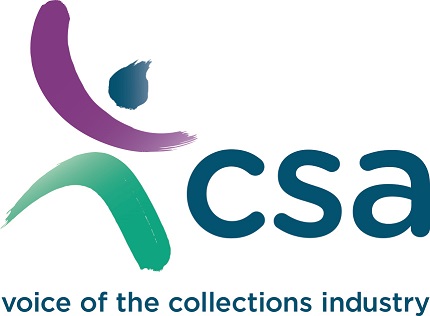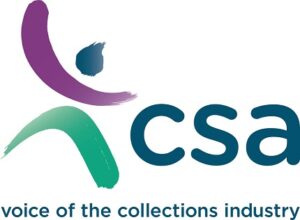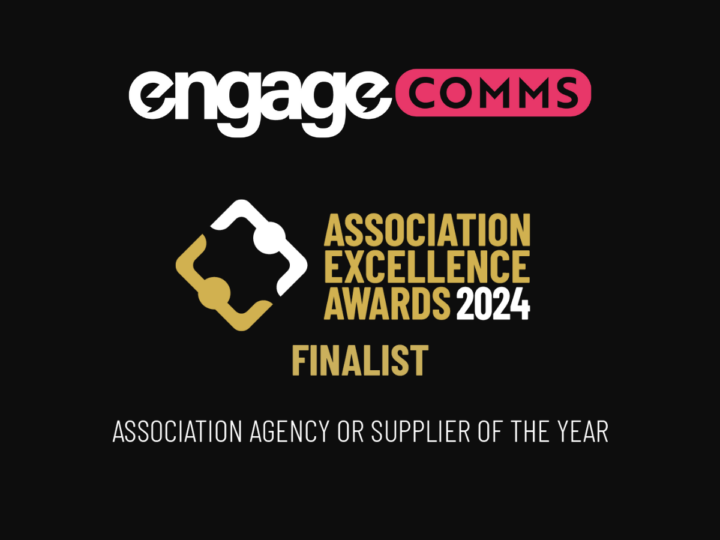I was delighted to be asked to present at the Credit Services Association (CSA), annual conference in Oxford last week for the second year in a row, alongside a line-up of esteemed speakers including broadcast business journalist Steph McGovern. As the only trade body in the UK for the debt collection industry, the CSA is responsible for helping Members meet legislative requirements and aim for best practice in the industry and the conference provides a full day of advisory presentations and workshops to support this.
The debt collection industry and online reputation
In 2013, with increasing pressure from Government, regulators and other stakeholders to improve transparency and engagement with customers, the CSA instructed us to advise on and jointly implement a digital communications strategy. A year on, I gave a workshop on ‘Customer relations in the digital age’ to help Members implement our recommendations.
The work we do with the debt collection sector is interesting on so many levels, particularly from a reputation management point of view. For us as digital communications experts, setting up clients on social media and teaching them about the benefits of engaging with consumers online is part of our DNA, yet here we have to take a much more considered approach. Personal finance and particularly debt is a very emotive issue which is often discussed by consumers online via the thousands of forum posts every day on sites such as www.moneysavingexpert.com, where users anonymously post queries about their own personal circumstances and dealings with debt collection agencies (DCAs). The sector as a whole is under increasing pressure from its regulator the newly formed Financial Conduct Association (FCA) to treat all customers fairly and build confidence and trust amongst their consumer customer base. However, engaging with them directly on forums or via other social media platforms in which they are turning to for advice is difficult, if they are talking about their own personal financial details, due to data protection laws. In the same way that your bank couldn’t talk to you about your account details on an open forum.
So should certain industries refrain from engaging in social media altogether?
Now don’t get me wrong, not having a social media presence because you might get some negative feedback is absolutely not what I’m talking about here. This concept is in the same camp as those who believe they can use clever SEO tactics to ‘get rid’ of negative online content. As I said in my talk at the conference, this is the same notion as dealing with a negative newspaper headline by trying to burn all of the newspapers on the stand. The reputational issues will still be there, being talked about in the pub and making their way back online. ‘Hiding’ or ignoring such content is certainly not the answer but if you can’t directly respond or attempt to engage then what exactly can you do to address the fact that your brand is taking a hammering online?
Creating content you can control
When you are operating in such a sensitive marketplace it is so important that your online presence, in terms of your website ‘does the job’ of answering any worries, queries and concerns that a consumer you are dealing with may have and you could argue this needs to be more so than any other business, in any other sector. A static corporate website that fails to speak the language of your customer is never going to cut it and will likely exacerbate the negativity further.
In the case of a DCA, they send thousands of letters out to consumers everyday informing them of the balance that they owe (the original debt will be with a separate company such as a bank). It’s almost human nature now that if you receive an unexpected letter/phone call/text message or email from a company or brand that you don’t recognise then you will automatically ‘Google it’. This is where your website has to stand above the sea of negative forum content and say “HELLOOOOO I’m here and can tell you everything you need to know” from detailed FAQs, customer case studies and testimonials, to advisory content that explains the debt collection process in layman’s terms. The aim should be to take away the fear, confusion or apprehension that your initial piece of communication may well have created and offer reassurance that consumers are searching for on forums.
Social media, financial services’ friend or foe?
Monitoring your brand online should be a weekly if not daily habit and I’m not talking about relying solely on a piece of software to do this but an actual human interpreting what other humans are saying about your brand online (and the sentiment behind the comments – robots can’t interpret sarcasm for example so a negative comment may actually be flagged up as ‘positive’). Looking at how this impacts upon the business, what learnings can you take from it and what is causing the comment in the first place, is where social media is going to add real value and insight to your business.
We work with clients in a number of different sectors, often dealing with heavily regulated, sensitive information and messaging or hard to reach audiences. If you need help or advice with your online presence, please get in touch. We can audit where you are now and make recommendations based on best practice communications principles.




